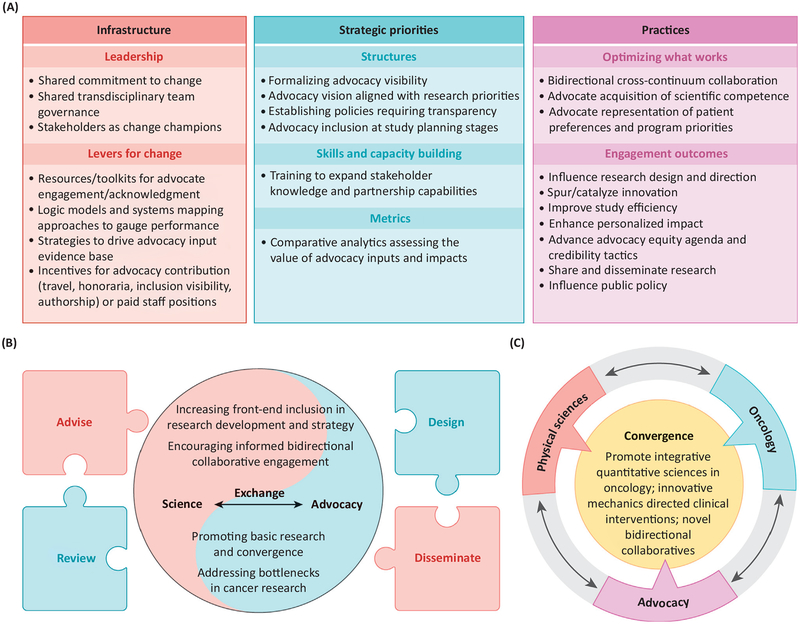Figure 1. (A) Science Advocacy Engagement.
Together, researchers and advocates are cocreating system change interventions for revamping convergent research processes. Engaging with researchers, advocates codevelop guiding conceptual frameworks, educational strategies, training curriculum, toolkits, and instructional materials to accelerate innovation and advance science; envision a transdisciplinary setting where everyone has access to high quality science and advocacy interface opportunities; and match advocate expertise to research needs, including setting priorities/plans for early stage research and developing best engagement practice and metrics guidelines. (B) Mapping Science: Advocacy Exchange. Aligned from the start as vital catalysts of transdisciplinary innovation, the conceptual puzzle illustrates multimethod science advocacy engagement strategies. Advocates proactively participate in four areas: (i) research and programmatic support, (ii) education and outreach, (iii) policy and strategy, and (iv) representation and advisory. They apply four core principles that forge synergy with the emerging discipline of implementation science and the National Cancer Institute advocacy research working group recommendations (https://deainfo.nci.nih.gov/advisory/ncra/ARWG-recom.pdf): strategic innovation, collaborative execution, evidence based/inspirational decision-making, and ethical codes of conduct. (C) Vision and Convergence. Model depicting the intersections of physical sciences, biomarker discovery, emerging therapeutics, and advocacy that constitute a paradigm shift for biomedical research, one in which resources will be devoted to creating a vision supporting the value, impact, and benefit of advocate engagement, specifically in prediscovery early settings. Model format was adapted from [13].

